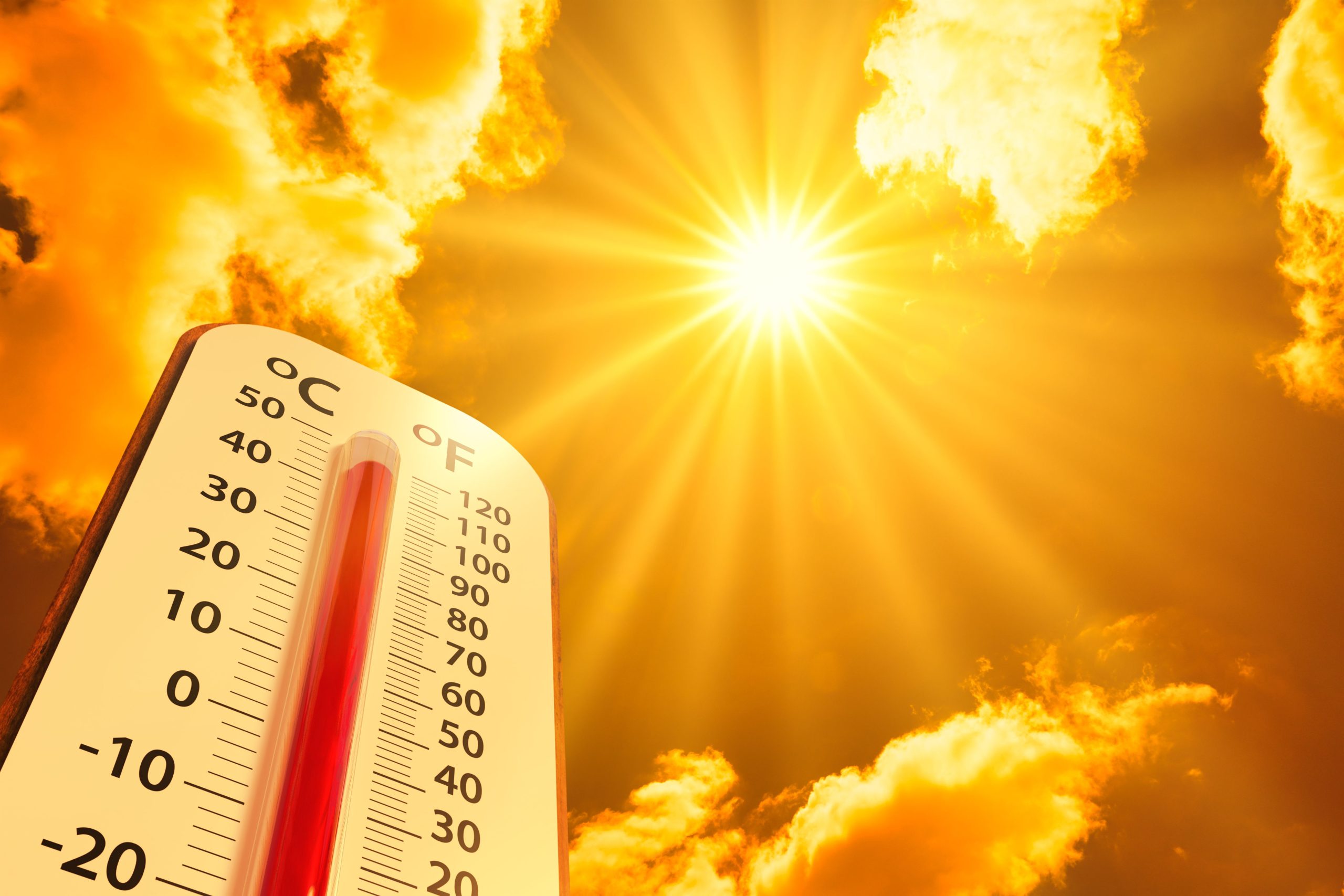Cardiovascular
Cardiovascular-Related Deaths Due to Extreme Heat Projected to Double Between 2036 and 2065
Cardiovascular-related deaths due to extreme heat could more than double by the middle of the century in the United States, according to findings of a study published in Circulation.1,2 Furthermore, without reductions in greenhouse gas emissions, it could even triple, investigators said.
lamyai – stock.adobe.com
“Climate change and its many manifestations will play an increasingly important role on the health of communities around the world in the coming decades,” Sameed Khatana, MD, MPh, assistant professor of medicine at the University of Pennsylvania and a staff cardiologist at the Philadelphia Veterans Affairs Medical Center, said in a press release. “Climate change is also a health equity issue as it will impact certain individuals and populations to a disproportionate degree and may exacerbate preexisting health disparities in the [United States.]”1
In the study, investigators aimed to compare excess cardiovascular deaths caused by extreme heat. They used the Intergovernmental Panel on Climate Change to investigate 2 scenarios, including the successful implementation of the currently proposed emission reduction policies compared to no significant reduction efforts and greenhouse gases continue at the same rate as the last 2 decades. The investigators used county-by-county records of deaths in summer months, with a primary cause of any cardiovascular condition, from 2008 to 2019. Cardiovascular conditions included heart attack and stroke.1
Data on age, sex, race, ethnicity, and number of extreme heat days, where the maximum heat index was 90ºF or higher, were recorded. The heat index included both heat and humidity due to the body’s ability to release heat by sweating being affected by high humidity.1
The study investigators used models of future greenhouse gas emissions, socioeconomics, and demographics in the United States to predict the impact of extreme heat on cardiovascular-related deaths from 2036 to 2065. They compared the predicted number of deaths in each county if there was no extreme heat to if the projected number of heat days did occur.1
In the analysis, the study authors reported that, between 2008 and 2019, extreme heat was associated with approximately 1651 excess cardiovascular-related deaths per year. They found that if the currently proposed reductions in greenhouse gas emission are implemented, the excess cardiovascular-related deaths from extreme heat were estimated to be 162% higher at mid-century compared to the period between 2008 and 2019. If the greenhouse gas emissions reductions are not implemented, excess cardiovascular deaths from extreme heat are projected to increase by approximately 233% in the same time period.1
Investigators also projected that adults aged 65 and older could have a 2.9 to 3.5 times greater increase in cardiovascular death from extreme heat compared to adults aged 20 to 64, depending on how rigorously the policies are enforced. Furthermore, individuals who are non-Hispanic Black were projected to have a 3.8 to 4.6 times greater increase in cardiovascular-related deaths due to extreme heat when compared to those who are non-Hispanic White. There were no significant differences in the projected increases in deaths due to extreme heat in other racial or ethnic groups, or between men and women.1
“The magnitude of the percent increase was surprising. This increase accounts for not only the known association between cardiovascular deaths and extreme heat, but it is also impacted by the population getting older and the proportionate increases in the number of [individuals] from other races and/or ethnicities in the [United States],” Khatana said in the press release.1
References
- Heat-related cardiovascular deaths in the US may more than double within decades. News release. American Heart Association. October 30, 2023. Accessed October 31, 2023. https://newsroom.heart.org/news/heat-related-cardiovascular-deaths-in-the-u-s-may-more-than-double-within-decades
- Khatana SAM, Eberly LA, Nathan AS, Groeneveld PW. Projected Change in the Burden of Excess Cardiovascular Deaths Associated With Extreme Heat by Midcentury (2036-2065) in the Contiguous United States. Circulation. 2023. doi:10.1161/CIRCULATIONAHA.123.066017

